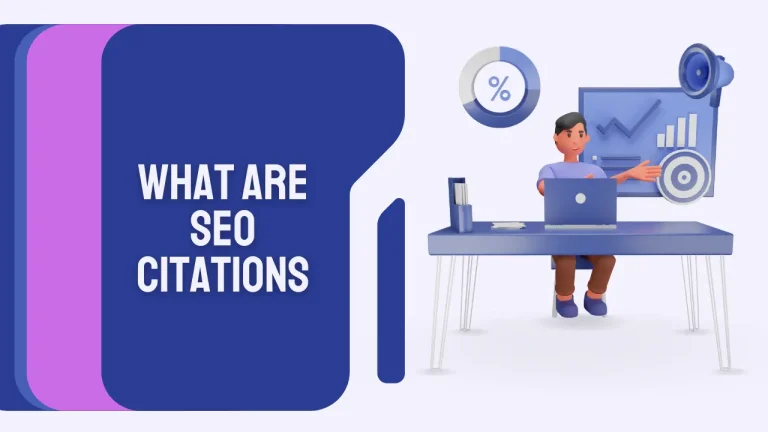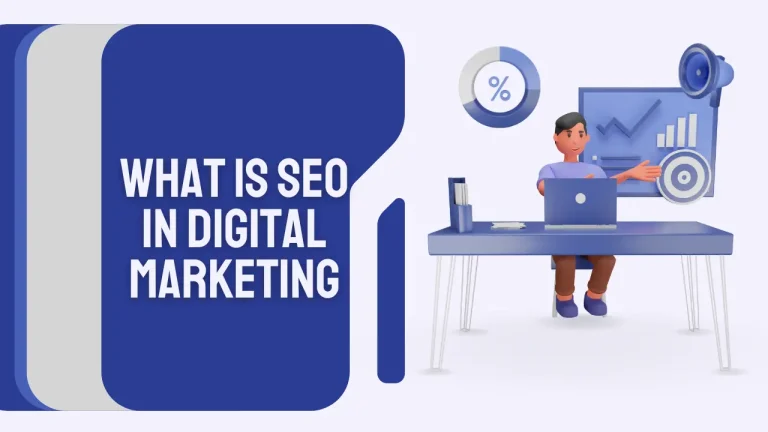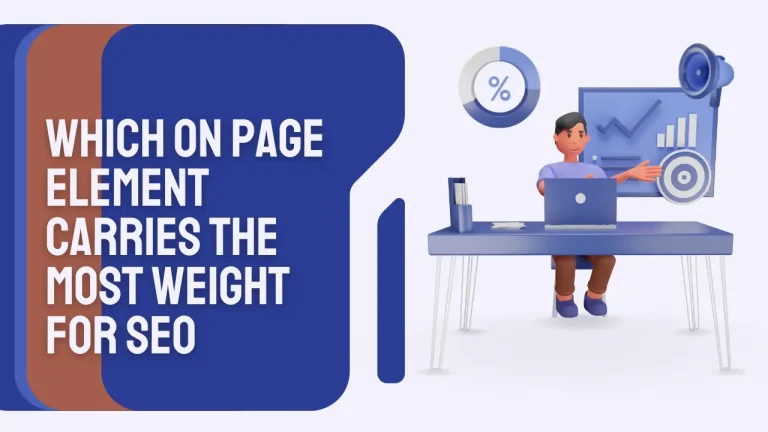What Is Cloaking In Seo
Are you curious about the concept of cloaking in SEO and how it impacts your website’s visibility?
As an SEO specialist, it is crucial to understand this technique to maintain ethical practices and ensure optimal search engine rankings.
Cloaking refers to the practice of presenting different content to search engines than what users see, manipulating search engine results unfairly.
By doing so, websites aim to deceive search engines into ranking them higher than they deserve. However, this unethical tactic can have severe negative consequences for your website’s reputation and visibility online.
In this article, we will delve into the definition of cloaking in SEO, explore its impact on search engine rankings, discuss its negative implications for your website’s visibility and reputation, provide examples of cloaking techniques, and offer best practices for avoiding cloaking while maintaining ethical SEO practices.
Stay tuned for valuable insights that will help you optimize your website effectively!
Key Takeaways
- Cloaking in SEO refers to presenting different content to search engines than what users see.
- Cloaking is an unethical tactic that aims to deceive search engines into ranking websites higher than they deserve.
- Cloaking can have severe negative consequences for a website’s reputation and visibility online.
- Websites that employ cloaking risk being penalized by search engines, negatively impacting their visibility and reputation.
Definition and Explanation of Cloaking in SEO
Now, let’s delve into the intriguing world of cloaking in SEO and understand how it can manipulate search engine results to your advantage.

Cloaking refers to the practice of presenting different content to search engines than what is shown to users. There are several reasons for using cloaking techniques, such as optimizing websites for specific keywords or improving user experience by delivering tailored content.
However, it is important to note that while some forms of cloaking are considered acceptable, others may violate search engine guidelines and result in penalties. Therefore, understanding the legal implications of cloaking is crucial before implementing any techniques.
By utilizing cloaking strategically and ethically, you can enhance your website’s visibility and rankings on search engine result pages (SERPs). In the next section, we will explore how cloaking manipulates search engine rankings seamlessly.
How Cloaking Manipulates Search Engine Rankings
Unscrupulous tactics like cloaking enable websites to deceive search engines and unfairly manipulate their rankings, leaving honest businesses struggling to compete. Cloaking involves presenting different content to search engine crawlers than what is shown to users, which can have a significant impact on user experience.

When a website uses cloaking, it may display irrelevant or misleading information to search engines in order to achieve higher rankings for certain keywords. This manipulation of search engine rankings not only undermines the integrity of the search results but also has consequences for website owners.
Websites that employ cloaking risk being penalized by search engines, resulting in a negative impact on their visibility and reputation. In the next section, we will explore how cloaking can harm a website’s online presence and credibility without resorting to such unethical practices.
Negative Impact of Cloaking on Website Visibility and Reputation
Cloaking’s deceptive tactics can have severe consequences for a website’s visibility and reputation, hindering its online presence and damaging its credibility. By using cloaking techniques, websites risk negatively impacting user experience and violating search engine guidelines.
Cloaking involves presenting different content to search engines compared to what users see, misleading both search engines and visitors. This manipulation undermines the trustworthiness of the website, leading to potential penalties or even removal from search engine results pages (SERPs).
The negative impact on visibility can result in decreased organic traffic and hinder the site’s ability to attract new users. Additionally, user dissatisfaction due to irrelevant or misleading content can harm the website’s reputation and discourage repeat visits.
Understanding these consequences highlights the importance of ethical SEO practices that prioritize transparency and provide valuable content for both search engines and users.
Transitioning into the next section about examples of cloaking techniques…
Examples of Cloaking Techniques
One of the ways websites employ deceptive tactics is by presenting different content to search engines compared to what users see. This technique, known as cloaking, involves manipulating the HTML and CSS code of a webpage to show specific content to search engine bots while displaying different content to actual users.
Examples of cloaking techniques include:
- IP-based cloaking: Showing different content based on the IP address of the visitor.
- User-agent cloaking: Presenting different versions of a webpage depending on the user-agent (e.g., browser) accessing it.
- JavaScript cloaking: Using JavaScript to dynamically load hidden content after the page has loaded.
- CSS cloaking: Hiding certain elements using CSS stylesheets.
These cloaking techniques can have serious drawbacks in terms of SEO. Search engines penalize websites that engage in such practices, resulting in decreased visibility and reputation. To avoid these negative consequences, it’s important to follow best practices for avoiding cloaking and maintaining ethical SEO practices.
Transitioning into the subsequent section about ‘best practices for avoiding cloaking and maintaining ethical SEO practices,’ let’s explore some effective strategies…
Best Practices for Avoiding Cloaking and Maintaining Ethical SEO Practices
To ensure ethical SEO practices and avoid penalties, you should implement best practices for maintaining the integrity of your website’s content and visibility. Ethical SEO focuses on optimizing a website in a way that aligns with search engine guidelines, while black hat techniques employ deceptive strategies to manipulate search rankings.
To improve website visibility, it’s crucial to prioritize keyword optimization. This involves conducting thorough research and strategically incorporating relevant keywords throughout your content. By analyzing website metrics and conducting competitive research, you can gather valuable data-driven insights that inform your writing decisions.
This data-driven approach allows you to optimize your content for better SEO performance and increase your chances of ranking higher in search engine results pages. By following these strategies, you can maintain ethical SEO practices and improve your website’s visibility without resorting to cloaking or other unethical techniques.
Frequently Asked Questions
Conclusion
In conclusion, understanding and avoiding cloaking is crucial for maintaining ethical SEO practices.
As an SEO specialist, it’s imperative to prioritize keyword optimization by conducting thorough research and strategically incorporating relevant keywords throughout the content.
A data-driven approach should be adopted, relying on website metrics, competitive research, and data insights to optimize content for improved SEO performance.
By staying knowledgeable in technical SEO concepts and implementing these strategies, you can ensure better search engine rankings and visibility for your website.






